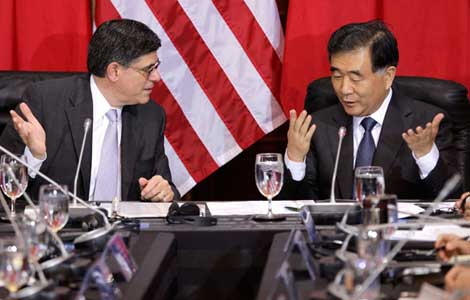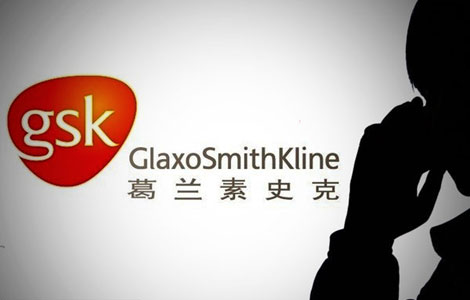Fortune 500 list reveals need for structural reform
Updated: 2013-07-12 17:13
(Xinhua)
|
||||||||
"Encouraging technological innovation and developing the real economy should be high on China's reform agenda," said Xu Zhengzhong, an economic professor at the Chinese Academy of Governance.
Chinese SOEs operating in the energy and resource sectors retained their prominent presence on the list. Sinopec, the China National Petroleum Corp. and State Grid Corp. of China joined a host of global resource and energy firms in establishing dominance in the top 10.
Many of these companies have also reported declining profits. Chinese steelmakers and mining companies like the China Minmetals Corp, Ansteel Group and Baosteel Group have seen their rankings plunge this year due to overcapacity and worsening financial results.
The declining trend will continue if China fails to engineer a transition toward high value-added and technology-intensive industries, Zhuang said, adding that resources and cheap labor cannot drive economic growth in a sustainable way.
Chinese technology companies are nearly absent from the list, underscoring the urgency for China to restructure its economy to a more consumption-based and technology-oriented growth model.
Only two Chinese tech firms -- Lenovo and Huawei -- made the cut, compared with a total of 44 tech companies on the list. Lenovo made a strong push to 329th from 370th a year ago, thanks to growing sales of personal computers and handsets, but still trails far behind Hewlett-Packard, the world's largest PC manufacturer, as well as tech heavyweights Apple and Samsung Electronics.
Meanwhile, telecoms equipment maker Huawei jumped to 315th from 351st a year ago, surpassing Stockholm-based Ericsson in the rankings with increased revenues and solid earnings propelled by smartphone sales.
The average debt to equity ratio for non-financial Chinese companies on the list came in at 4.42, much higher than the 2.79 seen in US companies, a sign that Chinese companies are relying too heavily on borrowed money for business expansion.
While China's SOEs took up a growing share among the top 500, the country's private sector has largely missed the party.
Five private Chinese companies made the list last year, marking the debut of China's private sector in the rankings. Two more companies were added to the list this year: the Shenzhen-based Amer International Group and China Minsheng Banking Corporation.
"China's private sector should become a mainstay in global business competition and a key driver of China's economic growth going forward," Xu said.

 BASE jumpers celebrate their annual event
BASE jumpers celebrate their annual event
 S Korean students mourn Chinese victims of air crash
S Korean students mourn Chinese victims of air crash
 Constructive mood at talks
Constructive mood at talks
 Masks reveal unknown worlds
Masks reveal unknown worlds
 Pathfinder pianist
Pathfinder pianist
 Surviving students hosted by consulate
Surviving students hosted by consulate
 China investigates GSK executives for bribery
China investigates GSK executives for bribery
 China, Russia complete 3-day joint naval drill
China, Russia complete 3-day joint naval drill
Most Viewed
Editor's Picks

|

|

|

|

|

|
Today's Top News
Chinese companies in the US go on talent hunt
Nokia aims to recapture market
Samsung expands global footprint
China, US explore new treaty
Asiana takes out apology ad in Chinese media
Asia spending too little on poor: report
More Americans favor immigration
Saudi princess charged with US human trafficking
US Weekly

|

|






